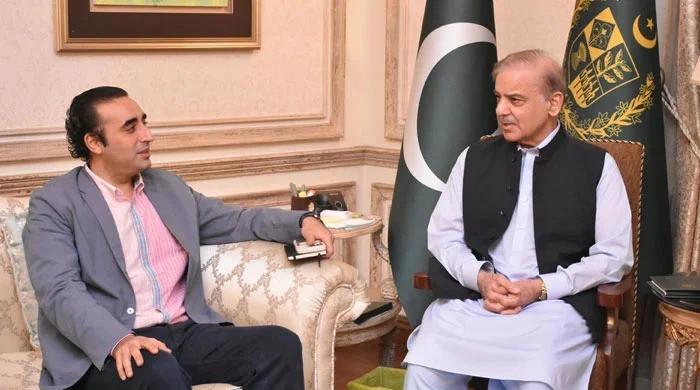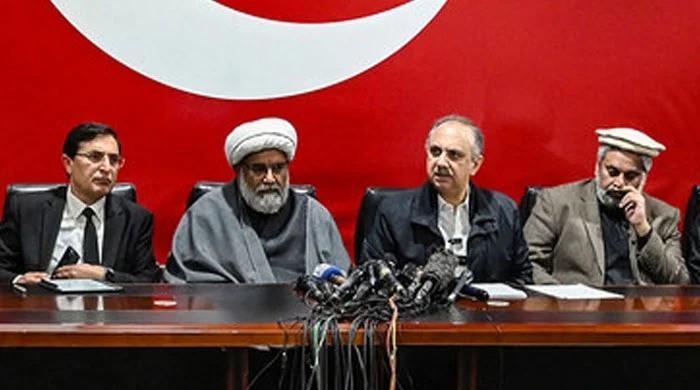Explainer: What is Article 63(A)?
There is a fierce debate between lawmakers over interpretation of Article 63(A)
March 21, 2022
The Opposition on March 8 submitted a no-confidence motion against PM Imran Khan in the National Assembly Secretariat.
Since then, the Opposition and the government have been involved in a war of words. The government is alleging that the Opposition is involved in horse-trading against its lawmakers.
This has led to a fierce debate between lawmakers over Article 63(A).
According to lawyer Salaar Khan, the article leads to disqualification of a lawmaker “on grounds of defection”.
“If you’re a member of a political party and elected to the house then if that political party issues directions with regards to our purposes for vote of no-confidence against the prime minister. If you either vote contrary to those directions or abstain from voting contrary to those directions then you render yourself liable to disqualification under Article 63(A),” Salaar told Geo.tv.
The legal expert said that the provision was introduced in 1997 to prevent floor crossing or horse-trading — what the government has been alleging.
Salaar told Geo.tv that the Constitution “strikes a balance” by restricting lawmakers to follow party directives in certain cases. On the other hand, the law “also provides a process of appeal of sorts under 63A”.
However, the disqualification process in itself is also very detailed.
The lawyer noted that Supreme Court while interpreting Article 63(A) in the Ayesha Gulalai case, noted that the party head must first provide the member with a reasonable opportunity of hearing.
“After that the party head might issue a deceleration for defection and even that is subject to a confirmation by the ECP only after which the member will be de-sedated. Even that is then subject to appeal before the Supreme Court,” said Salaar.
The Opposition under Article 95 has moved the no-trust motion. But questions surround the usage of the Article 63-A
However, Salaar believes that there are two key questions on the link between Article 63-A and 95. He believes that these questions will now be presented before the Supreme Court for clarity.
“The first is if a parliamentarian under Article 63(A) is to be disqualified do you also not count their vote in a vote of no-confidence motion. And the second question which is somewhat connected to the first is whether acts preceding to the actual vote such as announcing the intent to vote against party directions whether that also renders you liable to disqualification under Article 63(A),” said the lawyer.
Salaar believes that whatever the Supreme Court rules it could determine whether or not Prime Minister Imran Khan survives the vote of no-confidence.












